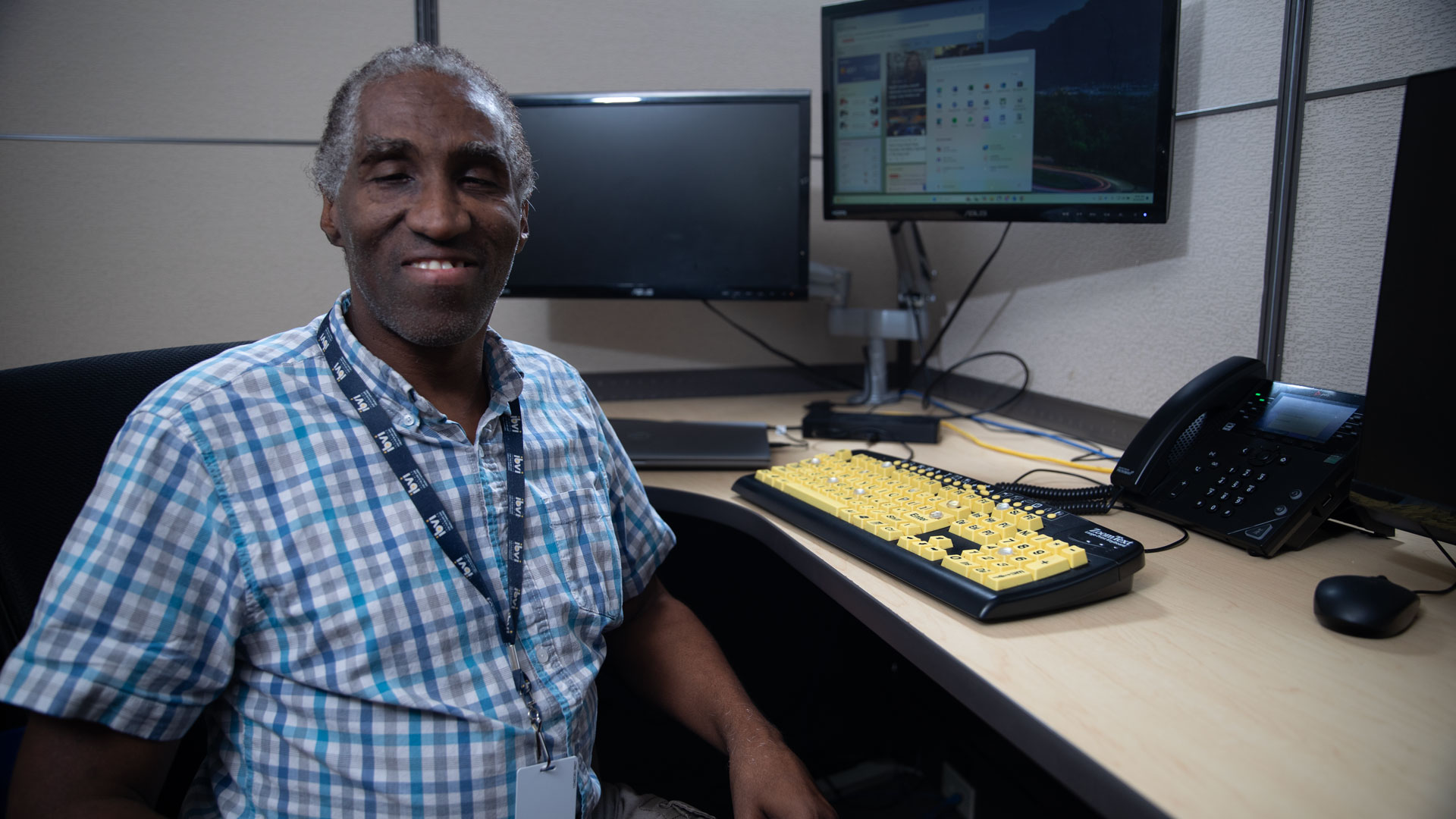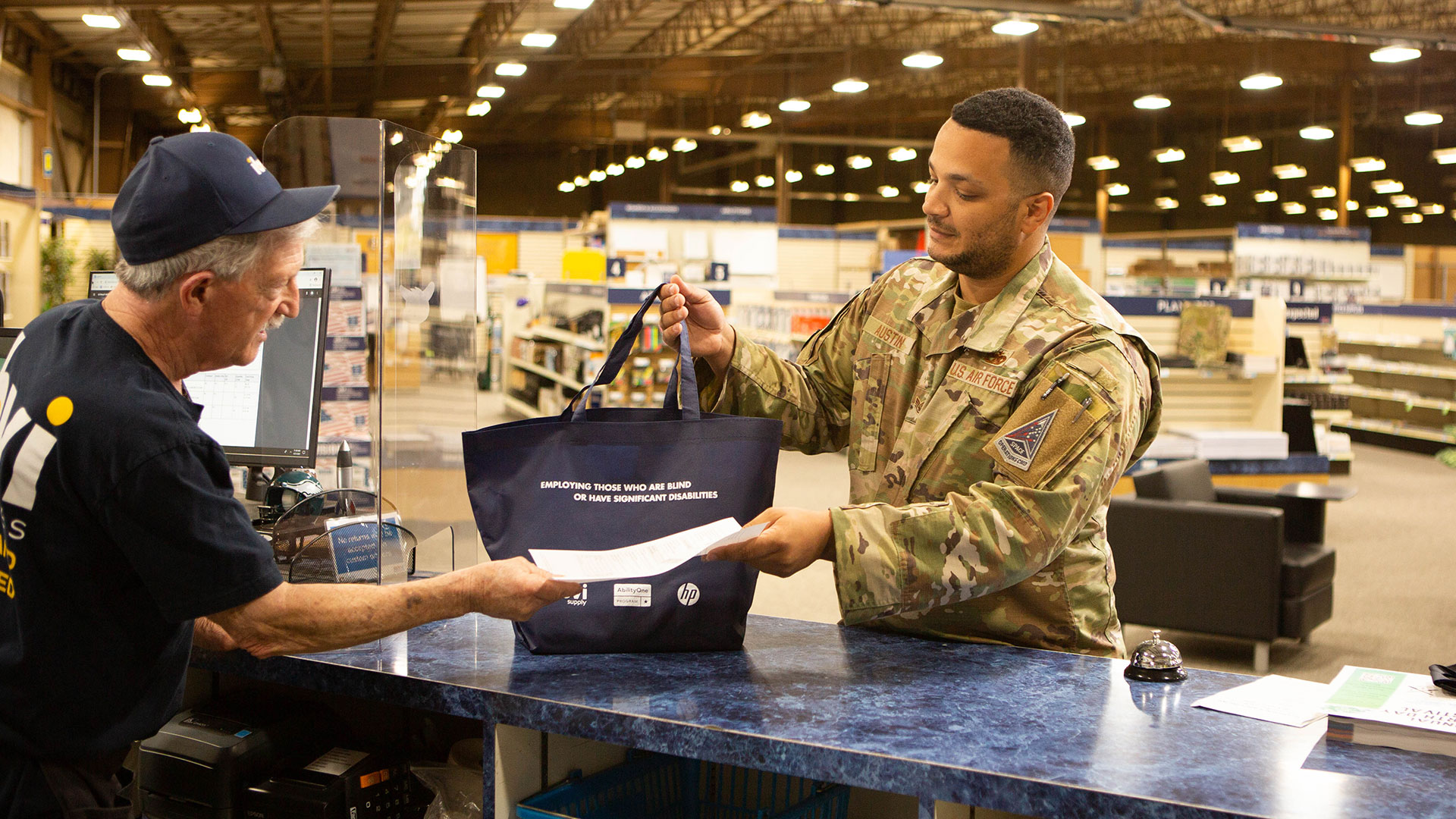Dr. Jean Ibric would like to share some basic facts about COVID-19 so you can make informed decisions in the coming weeks.
To All,
We are expecting things to move quickly in the next few weeks regarding recommendations to keep the spread of COVID-19 to a minimum. Much of this looks scary and will provoke a lot of anxiety. I would like to share some basic facts about COVID 19 to help keep you informed so you can make informed decisions.
What we know about COVID-19, which stands for Coronavirus 2019, is that it infects the respiratory tract or lungs causing dry cough, shortness of breath and a fever. The fever occurs in almost 99% of people, fatigue 70%, and dry cough 60%. There may be other symptoms, but they are not as common.
The Coronavirus is thought to spread like influenza. The virus is released into the air when an infected person coughs, sneezes or talks to someone and droplets with the virus make direct contact with the mucosal membranes (mouth, eyes, nose) of the other person. Infection can also occur if a person touches an infected surface then touches their eyes, nose or mouth. The virus usually does not travel more than 6 feet or linger in the air. It may remain on surfaces for up to 3 hours but we do not know for sure.
Once a person is exposed to the virus, symptoms can occur from 5 to 14 days following the exposure (incubation period). How often the virus is spread from someone in this incubation or symptom free phase is unknown. This incubation period is what people are calling “being a carrier” of the virus.
- Most people (81%) report mild symptoms.
- 14% have reported severe disease, shortness of breath, low oxygen levels and lung involvement shown on x-ray.
- 5% report critical disease, shock, and may require a ventilator.
Most of the deaths from Coronavirus have occurred in the elderly or people with other medical illnesses such as heart disease, uncontrolled diabetes, chronic lung disease, and cancer.
Cases in children are usually mild.
Having a weakened immune system (elderly, chronically ill or stressed) puts people at an increased risk of contracting any illness/virus. It is recommended that if you have ANY illness such as a cold, influenza, stomach virus, stay home so you do not cause anyone else to get sick and increase their risk of developing COVID 19.
If you have symptoms of COVID 19 the recommendation is to stay home, limit contact and return to work/daily outside routine 14 days after symptoms occur or 3 days after they resolve. If you have been in contact with a known positive case, self-quarantine for two weeks.
There is no treatment or vaccine for COVID-19 currently. Treatment is keeping fever down with Tylenol and suppressing cough with over-the-counter medications.
Testing is currently being done only on people with more severe symptoms AND direct prolonged contact with someone testing positive for COVID 19, travel to (CDC) high risk areas, or who are sick enough to be admitted to the hospital. There are still not enough available tests.
Ascension and Aurora were planning to open up drive through testing sites to screen for the virus in less ill people. They have postponed the clinics due to a continued shortage of testing kits.
Because this is an unknown or “novel” virus the goal is to decrease transmission so those most at risk are protected.
Quarantine, gloomy days, and fear of the unknown will lead to stress and anxiety. Some measures to take on your own are continue good hand washing, healthy diet, physical activity (including getting outside) and maintaining a normal awake and sleep schedule.
Try to limit the amount of time spent on social media, make sure to check the validity of the source, and turn it off altogether if it worsens anxiety.
Utilize relaxation techniques including, breathing exercises, yoga, music, coloring, reading, watching movies, doing crafts and household projects. Stay connected with family, friends and co-workers.
Be kind. Most of the medical resources are being stretched, but if you have uncontrollable anxiety, call your primary care doctor first. They know you best, and can often help/prescribe/triage over the phone or by virtual visit.
If you have any questions or concerns please feel free to reach out, I would be happy to help!
Sincerely,
Dr. Jean Ibric
Board Certified Family Practice
IBVI Onsite Clinic Doctor


